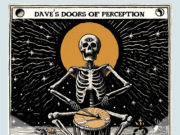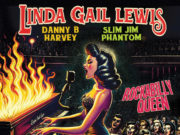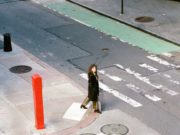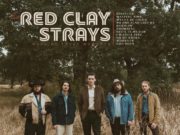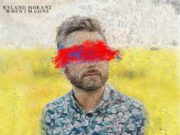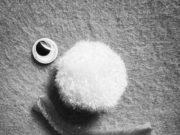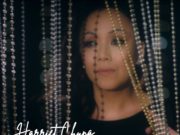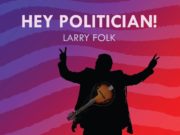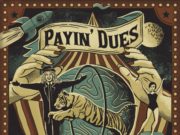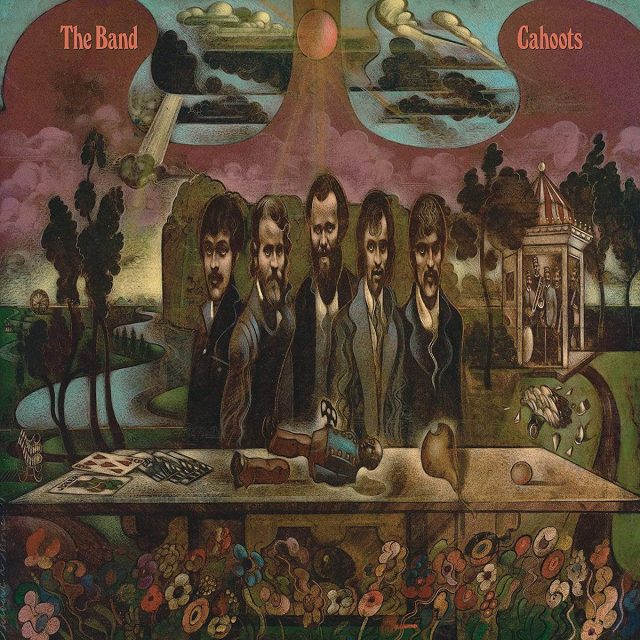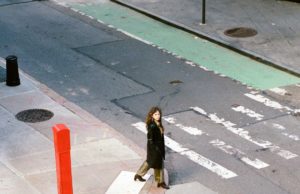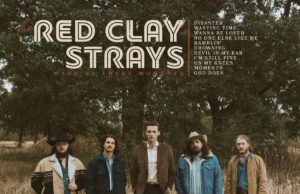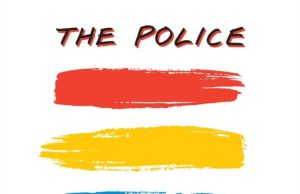THE EDITED PRESS RELEASE: “When The Band pulled into the unfinished Bearsville Sounds Studios in Bearsville, N.Y., in early 1971 to record Cahoots, their fourth studio album in as many years, they were still basking in the success of and acclaim for their first three history-making records.
The Band’s landmark debut album, July 1968’s Music From Big Pink, drew inspiration from the American roots music melting pot of country, blues, R&B, gospel, soul, rockabilly, the honking tenor sax tradition, hymns, funeral dirges, brass band music, folk and good ol’ rock ’n’ roll to foment a timeless new style that forever changed the course of popular music. In September 1969, when they released their seminal eponymous second album The Band – or “The Brown Album,” as it would lovingly be called — not much more was known about the reclusive group. Even so, August 1970’s Stage Fright, recorded over 12 days on the stage of the Woodstock Playhouse in upstate New York, cemented the fulfilled promise of those initial back-to-back albums, solidifying The Band as one of the most exciting and revolutionary groups of the late 1960s, andn a band who were able to carry their avowed excellence directly into the 1970s without interruption.
Indeed, The Band, made up of four Canadians and one American, were still purposefully shrouded in mystery at the turn of the decade, allowing for listeners and the music press to let their imaginations run afield about who these men were and what this music was that sounded unlike anything else happening as the psychedelic ’60s officially wound down. Dressed like 19th century fire-and-brimstone preachers and singing rustic, sepia-toned songs about America and the deep south, The Band — Garth Hudson (keyboards, accordion, horns), Levon Helm (drums, vocals, mandolin, guitar), Richard Manuel (keyboards, vocals, drums), Rick Danko (bass, vocals) and Robbie Robertson (guitar, piano, vocals) — were still somewhat enigmatic as the ’70s began to unfold and unravel around them, but there’s no denying that they were able to forge an ineradicable impact on the music scene at large, heretofore unmatched by any group that came before or since.
Today, they celebrate the 50th anniversary of Cahoots with a newly remixed, remastered and expanded overseen by Robbie Robertson and revitalized by Bob Clearmountain from the original multi-track masters. The release also boasts a bevy of unreleased recordings, including Live at the Olympia Theatre, Paris, May 1971, a rousing bootleg partial concert consisting of 11 tracks culled from the initial throes of a European tour that found The Band perched at the top of their live game. The set also includes early and alternate versions of Endless Highway and When I Paint My Masterpiece along with six other early takes, outtakes, instrumentals, and stripped-down mixes.
As with the acclaimed 50th anniversary collections for The Band’s first three albums, Clearmountain and Robertson’s approach to remixing Cahoots was undertaken with the utmost care and respect for the music and what The Band represents. That said, Robertson’s instructions for how his right-hand mixing partner should handle the Cahoots mixes possessed one key difference: Robertson wanted Clearmountain to transform them based on what he felt was lacking from the original mixes. As Clearmountain shares in the liners, “Robbie told me, ‘Just think of the original mixes as rough mixes. Pretty much don’t pay attention to the mixes themselves.’ ” This directive gave Clearmountain the leeway to unclutter some of the album’s original arrangements, all with Robertson’s blessing: “In the beginning of these sessions, we didn’t know if we were making another Basement Tapes where nobody would hear the music or if we were actually making a real record,” Robertson admits. Though he felt the first three Band records wound up sounding better due to a combination of how today’s technology actually enhances the limitations of yesterday’s technology, he doubled down with his instructions for Cahoots: “I told Bob, ‘There are no rules. So, every mix we do, I want to start from scratch. I don’t even want to listen to the original. I want to listen to the way we hear it now and be fearless and experimental with it.’ ”
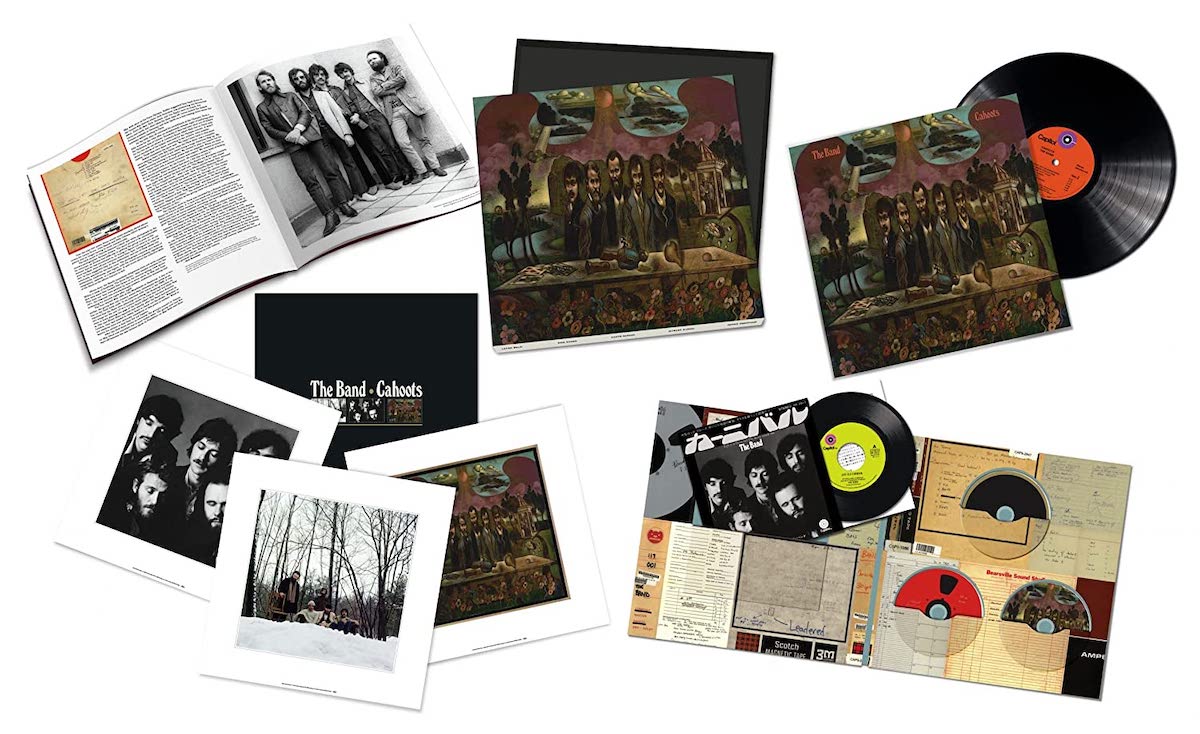
Clearmountain took Robertson’s wishes to heart not only in terms of his 2021 stereo mix — as is instantly evident in the greater clarity of the punch of the drums and bass and how putting guitar and organ lines a bit back in the mix enables certain vocal elements to be more out front. Concludes Robertson, “This is what I really meant. This is the honesty of this now. This is a trip. This is something special.”
Originally released on Sept. 15, 1971, Cahoots contains a number of The Band’s best-loved and most enduring songs, including Life Is A Carnival and When I Paint My Masterpiece. As recounted in the liner notes, longtime road manager Jonathan Taplin notes how Carnival was born in part out of Robertson’s infatuation with some of the more peculiar characters on display in Marcel Carné’s 1945 film Les Enfants du Paradise, not to mention his having worked on the midway at the Canadian National Exhibition in Toronto in his youth. In addition to The Band’s own impeccable style of groove-making, the song’s Mardi Gras-esque atmospherics are also due to legendary New Orleans R&B producer Allen Toussaint having been deployed to compose a most excellent, and decidedly funky, horn arrangement to buttress the track.
Meanwhile, When I Paint My Masterpiece ensued from a visit by lifelong compadre Bob Dylan, an instant classic that’s bolstered by Helm’s mandolin and Hudson’s accordion, both of which lent the track a European feel that best matched Dylan’s lyrical axis. The Masterpiece alternate take begins with a more prominent mandolin chord and world-weary Levon vocal, rather than the song’s more familiar fade-in. You’ll also discern differences in Garth’s accordion accompaniment, Danko’s animated bass and Manuel’s insistent drumming. (Manuel often took the drum chair whenever Levon would switch to mandolin.)
Cahoots features another guest of note who also happened to be a Woodstock resident at the time: Van Morrison, who adds his indelible vocal stamp to 4% Pantomime. One afternoon, Morrison stopped by Robertson’s writing studio, heard him noodling on some chord changes and a melody on piano, and the next thing anyone knew, Morrison was singing and creating lyrics on the spot while looking right at Manuel. Morrison (whom Robertson dubbed the “Belfast Cowboy“) was so galvanized by the tune that he suggested they all head to the studio to cut it that same night. A few hours and a few false starts later, 4% Pantomime was officially on tape. In the finished version, Morrison and Manuel trade impassioned face-to-face vocals captured only a few feet apart with Manuel also turning in double duty on piano, Helm supplying the unmistakable backbeat, and Hudson adding all the right organ fills.
Cahoots peaked at No. 21 on Billboard, marking The Band’s fourth consecutive Top 30 album appearance. Fifty years on, it remains a stone-cold masterpiece, reinforced with a vibrant swath of refreshing stereo and surround-sound mixes alike for lifelong fans and those discovering the wonders of The Band for the very first time. Cahoots is most definitely worth more than “two bits a shot.”
So is the bonus live album. In May and June of 1971, The Band set off to tour Europe. The musicians hadn’t played since their tumultuous tour as The Hawks with Bob Dylan in 1966, during which they were booed every night as folk rock purists felt betrayed by Dylan’s going electric. Not having played the continent in five years, they were justifiably wary and didn’t really know what to expect — but rather than garnering boos and catcalls, they received a rapturous response at their first concert in Hamburg and would continue performing for one enthusiastic crowd after another. Their show at the Olympia Theatre in Paris on May 25, 1971 was one such gig. “We hadn’t been back to this place since playing there with Bob Dylan, when the Paris show was a complete disaster,” Robertson recalls. “We wanted so much to do a special performance for the French. We wanted a certain kind of feeling in the Olympia. When we played the show, I felt like we did it.”
The set list that night reflected The Band’s two-set European concerts, and it was recorded by a French radio station and filmed by French media. Sadly, only the second half survives, but it’s full of classics such as The W.S. Walcott Medicine Show, We Can Talk, the Stevie Wonder-penned Four Tops hit Loving You Is Sweeter Than Ever, The Night They Drove Old Dixie Down, Across The Great Divide, The Unfaithful Servant, Don’t Do It, the Garth Hudson showcase The Genetic Method that leads into Chest Fever, Rag Mama Rag and a rousing cover of the Little Richard barnburner Slippin’ And Slidin’. Each of the 11 electrifying live tracks serves as evidence of just how good The Band sounded onstage at this point in their career.”


